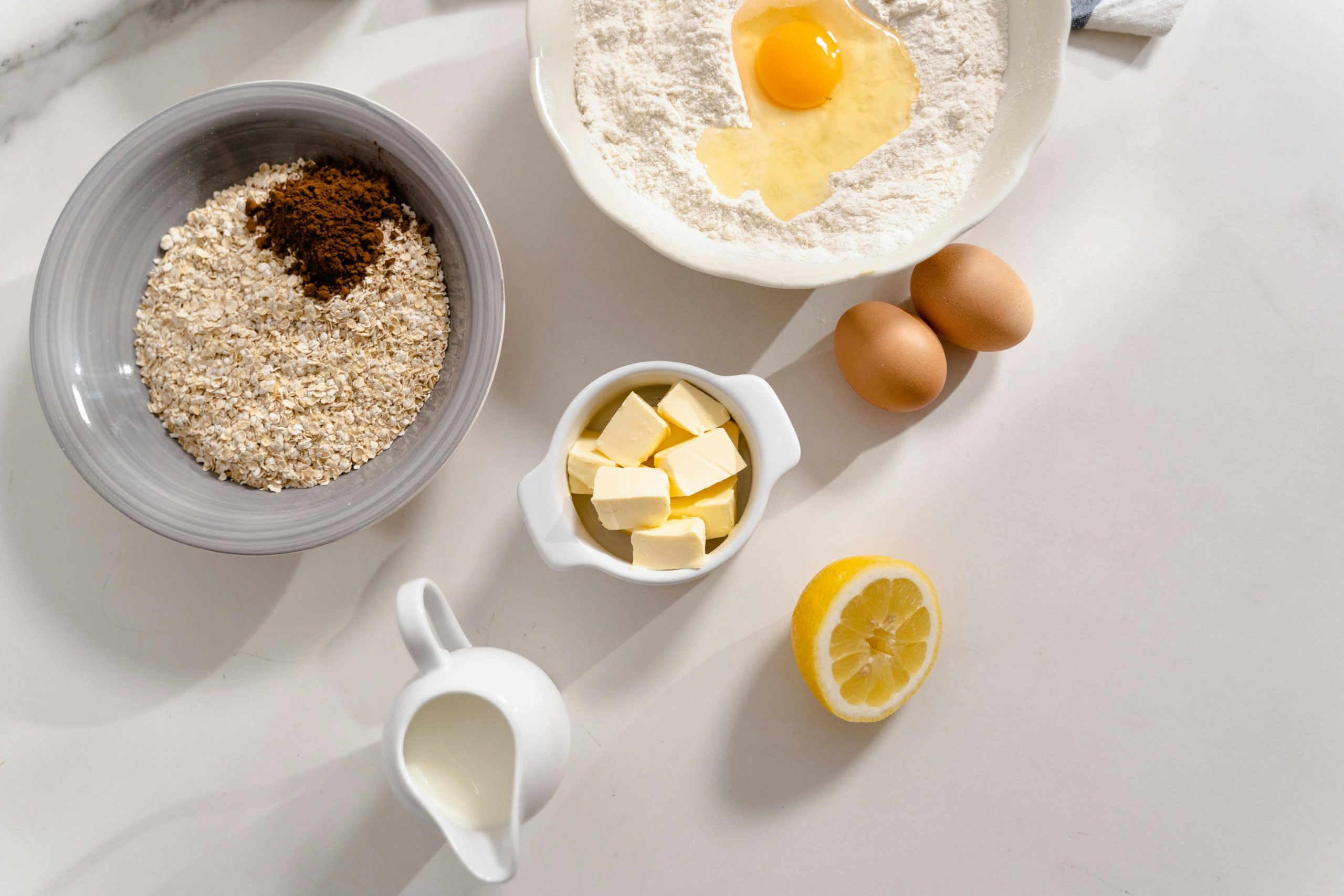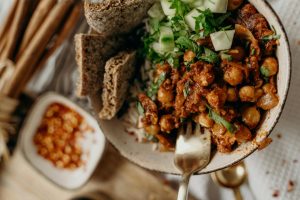The Importance of Precision in Baking: Weighing Your Ingredients
Baking is a precise science. Unlike cooking, where a pinch of this and a dash of that can often yield delicious results, baking requires a strict adherence to measurements and ratios. One of the key components of precision in baking is weighing your ingredients. While some may view this as an unnecessary step, the truth is that the success of your baked goods depends heavily on accurately measuring each and every ingredient. In this article, we will explore the importance of precision in baking and how weighing your ingredients can make all the difference in your final product.
The Importance of Precision in Baking
As any seasoned baker will tell you, baking is both an art and a science. The beauty of a perfectly risen cake or a perfectly flaky croissant lies in the precise measurements and ratios used in the recipe. Baking is all about chemical reactions, and even the smallest change in the amount of an ingredient can have a significant impact on the final product. Therefore, precision is crucial in baking, as it ensures consistency and the desired results every time.
The Inaccuracy of Volume Measurements
One of the main reasons why weighing your ingredients is essential in baking is the inaccuracy of volume measurements. Measuring ingredients by volume, such as using cups and spoons, can often lead to inconsistent results. This is because the density of different ingredients varies greatly, and the way they are packed into the measuring cup can also impact the amount. For example, a cup of flour that has been scooped and packed tightly will weigh more than a cup of flour that has been lightly spooned into the cup. This difference can greatly affect the texture and consistency of your baked goods.
The Importance of Ratios in Baking
Another crucial aspect of precision in baking is the use of ratios. Each ingredient in a recipe serves a specific purpose and has a specific ratio to the other ingredients. For example, the ratio of flour to liquid will greatly affect the texture of your baked goods. Using the correct ratios is critical, and weighing your ingredients is the most accurate way to ensure you are using the right amounts.
Weighing Your Ingredients for Consistent Results
If you want consistent results each time you bake, then weighing your ingredients is a must. Baking is all about consistency, and in order to achieve this, you must use precisely measured ingredients. Weighing your ingredients ensures that you are using the same amount every time, leading to consistent and predictable results.
Moreover, weighing your ingredients also allows you to easily adjust the recipe if needed. For example, if you want to double the recipe, using volume measurements can be challenging and may lead to errors. However, with weighing, you can simply double the weight of each ingredient and ensure accurate results.
The Advantages of Using a Digital Scale
When it comes to weighing your ingredients, using a digital scale is the way to go. Unlike traditional scales or measuring cups, a digital scale provides precise measurements in grams, making it easier to follow recipes that use metric measurements. Additionally, most digital scales allow you to reset to zero after each ingredient, meaning you can weigh all your ingredients in one bowl, saving you time and reducing cleanup.
Commonly Weighed Ingredients in Baking
While it is recommended to weigh all ingredients in baking, some ingredients are more crucial than others. Here are the most commonly weighed ingredients in baking:
Flour
Flour is the foundation of most baked goods and is often the most significant ingredient. Accurate measuring of flour is crucial as even a small amount of variance can drastically affect the final product. Weighing is the most accurate way to measure flour and ensures you are using the exact amount needed for the desired texture.
Sugar
Sugar is another ingredient that requires precise measurements in baking. Too much sugar can result in overly sweet treats, while too little can lead to a lack of sweetness and difficulty in caramelization. By weighing your sugar, you can achieve the perfect level of sweetness in your baked goods every time.
Butter
Butter is one of the most used ingredients in baking, and measuring it accurately is crucial for successful results. Using too much butter can result in greasy and oily baked goods, while too little can lead to a dry and crumbly texture. By weighing your butter, you can ensure the correct fat ratio and achieve the desired results.
In Conclusion
Baking is a delicate balance of science and art, and precision is the key to success. Weighing your ingredients is the most accurate and reliable way to ensure your baked goods turn out perfectly every time. So, put that measuring cup away and invest in a digital scale; your future baked goods will thank you!










